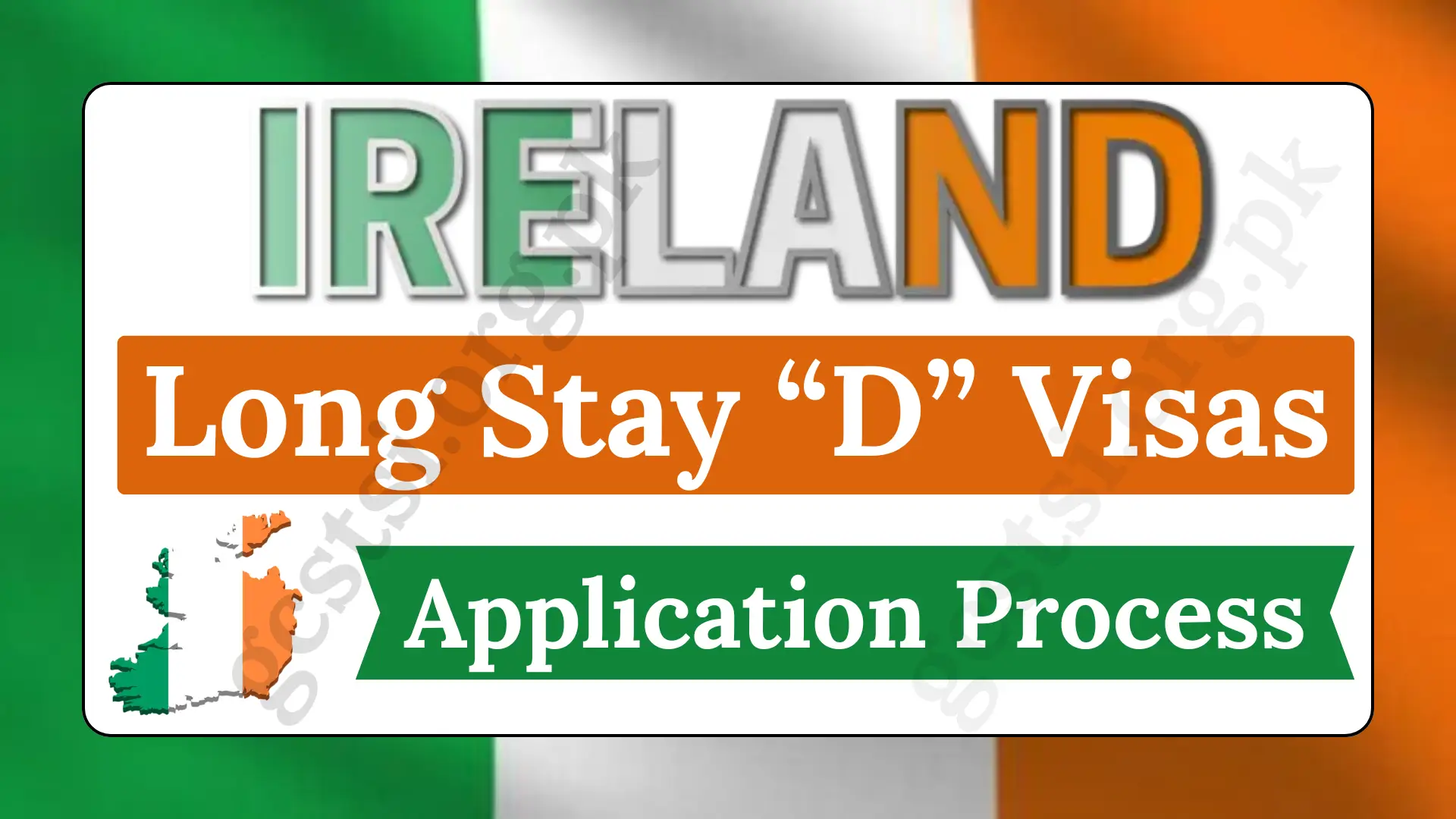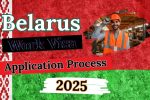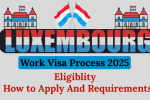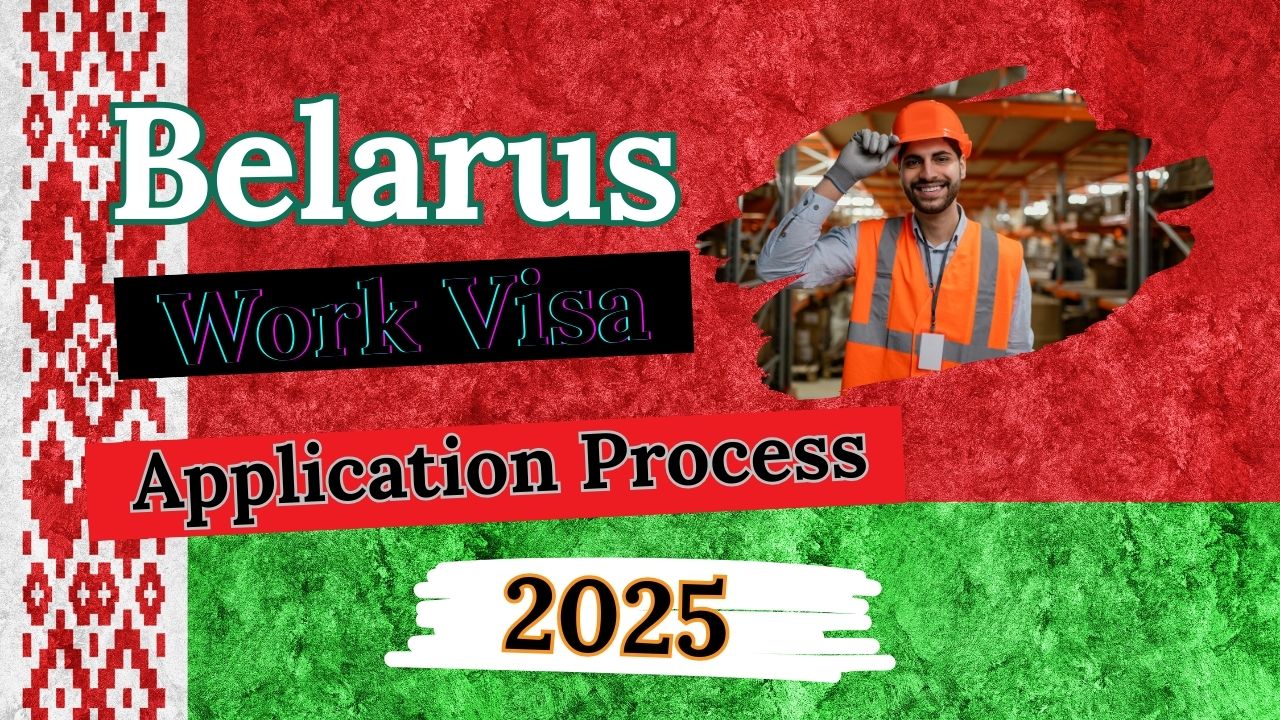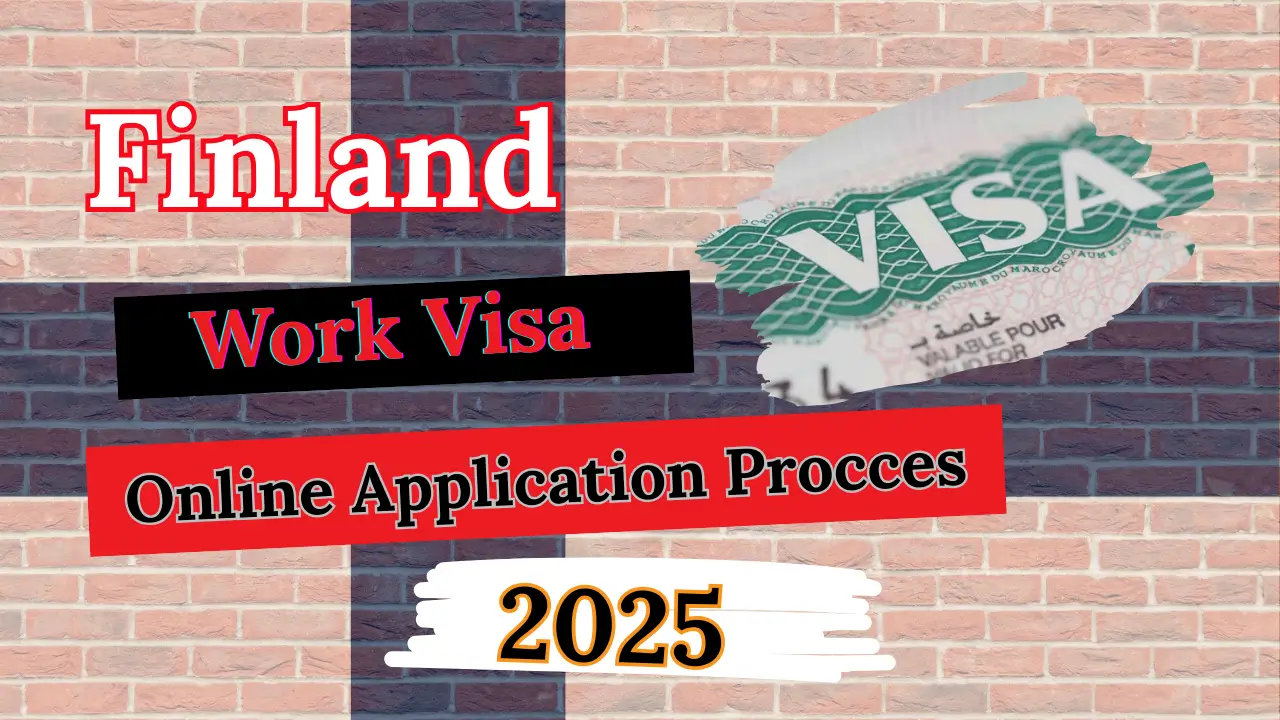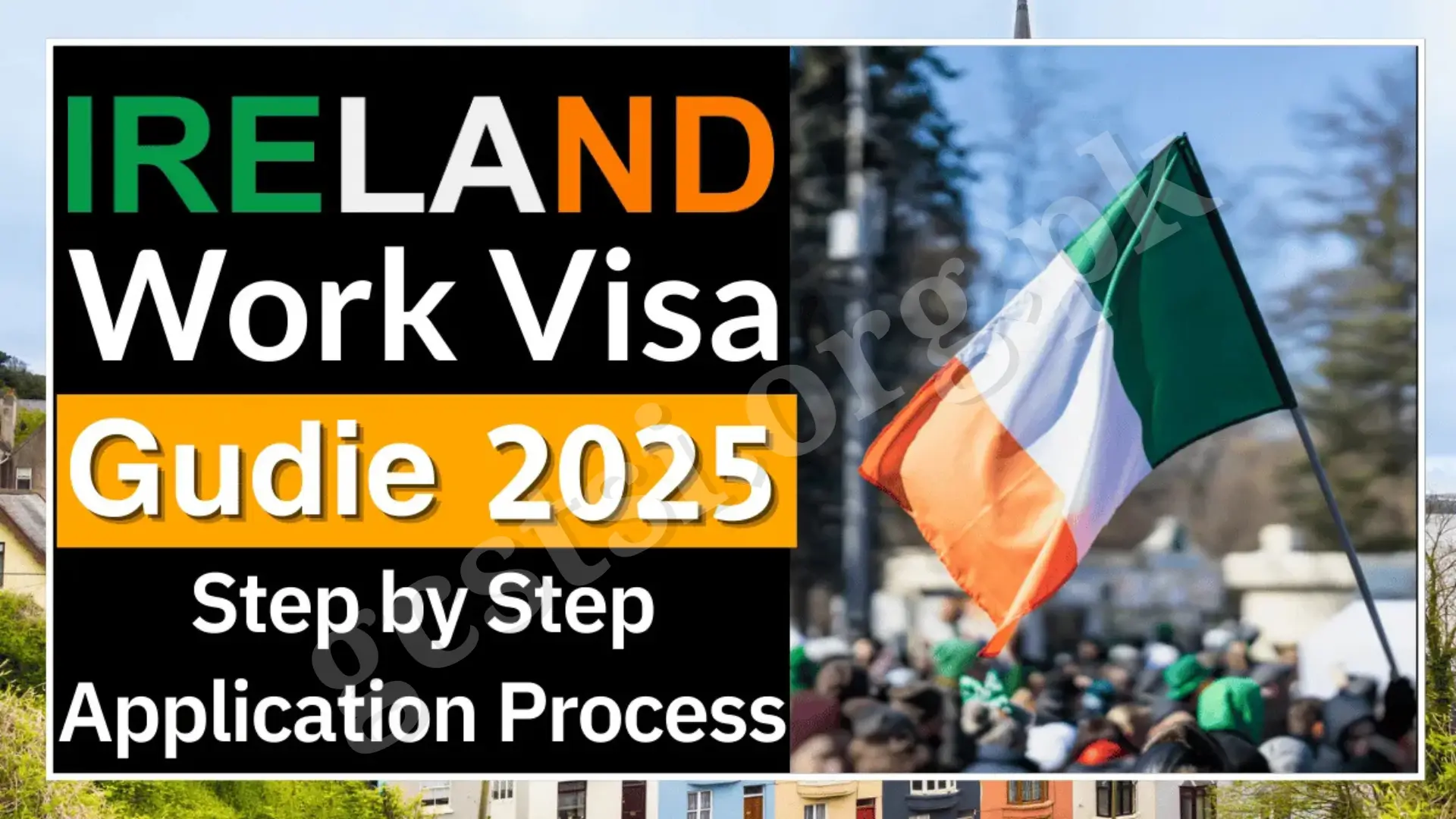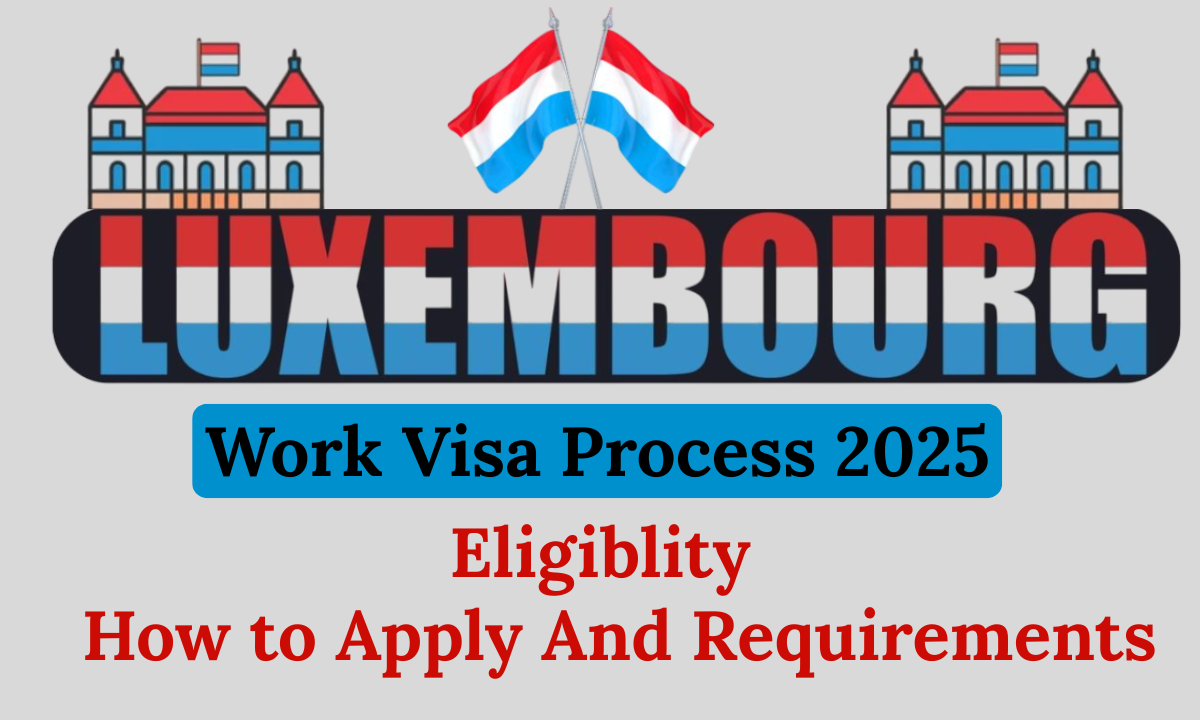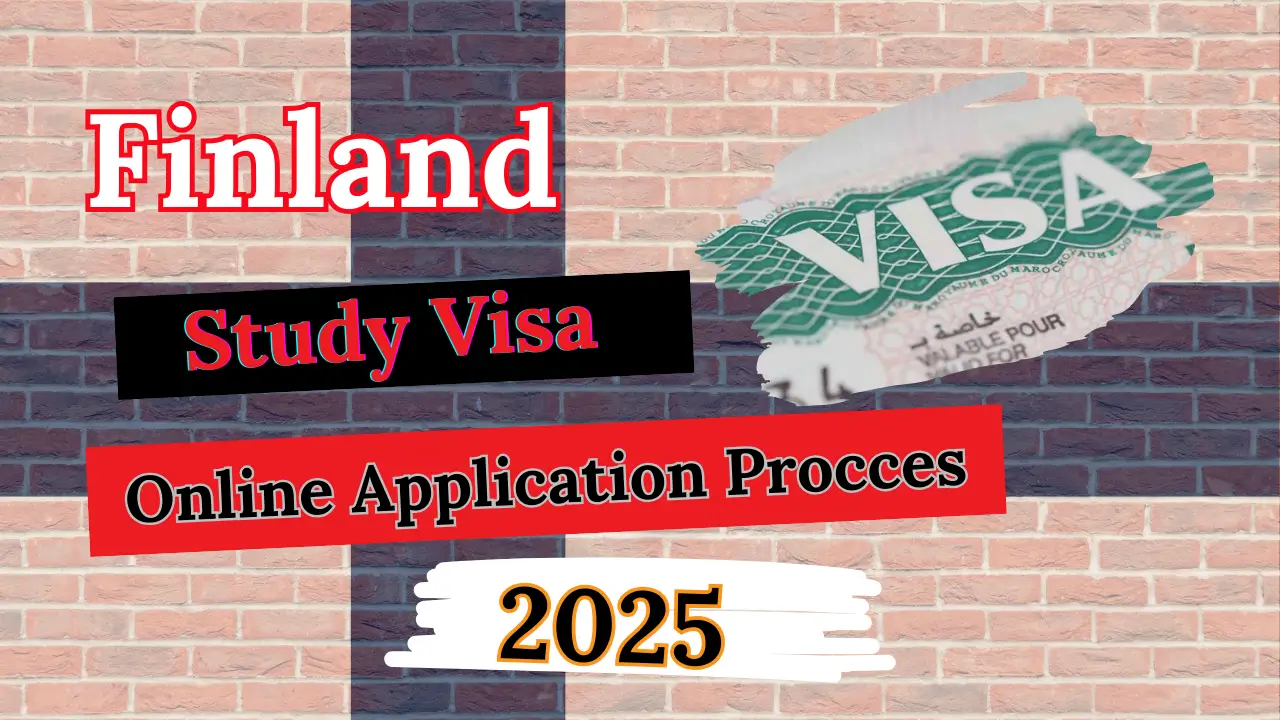Ireland Long Stay “D” Visa 2025: Eligibility, Requirements & Application Process. Ireland has become one of the most attractive destinations in Europe for students, workers, entrepreneurs, and families seeking new opportunities. Known for its strong economy, quality education, and welcoming environment, Ireland offers a range of options for individuals intending to stay for more than 90 days.
For longer stays, the Ireland Long Stay “D” visa is required. This visa allows people to study, work, conduct research, or join their family in Ireland. This guide explains the eligibility, requirements, application process, and useful tips for obtaining a Long Stay “D” visa in 2025.
What is the Ireland Long Stay “D” Visa?
The Long Stay “D” visa is issued to individuals planning to stay in Ireland beyond 90 days. Unlike the short-term C visa, which allows stays of up to three months, the D visa is for long-term purposes. Depending on the category, it can also help in obtaining a residence permit or even permanent residency in Ireland.
Categories Under the D Visa
The D visa includes several categories:
- Study Visa: For international students enrolling in Irish schools or universities.
- Employment Visa: For skilled workers joining Irish companies.
- Research Visa: For researchers or academics conducting studies.
- Join Family Visa: For family reunification purposes.
- Religious or Volunteer Visa: For humanitarian or religious work.
While the application steps are similar, the specific requirements differ for each category.
Eligibility for the Ireland Long Stay “D” Visa
Applicants must meet general eligibility criteria regardless of category:
- Hold a valid passport with at least 12 months remaining.
- Plan to stay in Ireland for over 90 days.
- Show proof of financial means to support themselves.
- Provide evidence of accommodation in Ireland.
- Present documents supporting the purpose of stay (e.g., job offer, admission letter, family documents).
- Have no criminal record or bad character.
- Agree to comply with Irish immigration laws.
Required Documents for the D Visa
All applicants must submit the following:
- Completed visa application form.
- Valid passport with blank pages.
- Recent passport-sized photos meeting Irish visa standards.
- Cover letter explaining the purpose of stay.
- Financial evidence (bank statements, sponsorship letters, scholarships).
- Proof of accommodation (hotel booking, rental agreement, host invitation).
- Health insurance covering the stay in Ireland.
Additionally, category-specific documents are needed:
- Students: Acceptance letter from a recognized Irish institution.
- Workers: Employment contract or valid work permit.
- Family Members: Proof of relationship with the Irish resident or citizen.
- Researchers: Invitation letter from an Irish research institution.
Note: Any documents in a language other than English or Irish must be translated and certified.
Step-by-Step Application Process
Step 1: Choose Your Visa Category
Decide if your purpose is study, work, research, family reunification, or volunteer work, as each has specific requirements.
Step 2: Complete the Online Application
Apply through the Ireland Naturalisation and Immigration Service (INIS) portal. Provide details about your visit, background, and intended stay. You will receive an overview sheet and follow-up instructions after submission.
Step 3: Pay the Visa Fee
Visa fees vary depending on whether it’s a single-entry or multiple-entry visa. Most first-time applicants need a single-entry visa.
Step 4: Prepare Supporting Documents
Collect and organize all required documents. Missing or incomplete documents may delay processing or cause refusal.
Step 5: Submit Application
Submit your application, documents, and fee to the Irish Embassy or Consulate in your country. Some applicants may be required to provide biometrics.
Step 6: Wait for Processing
Processing usually takes 8–12 weeks, depending on the visa category and applicant’s nationality.
Step 7: Receive Your Visa
Once approved, the visa will be stamped in your passport, allowing entry into Ireland.
Step 8: Register with Irish Immigration
Within 90 days of arrival, D visa holders must register at a local immigration office. This grants the Irish Residence Permit (IRP), allowing legal residence in Ireland.
Useful Tips for a Successful Application
- Apply early to avoid last-minute issues.
- Ensure all documents are complete, translated, and certified.
- Provide clear proof of financial stability.
- Submit truthful and accurate information.
- Keep copies of all submitted documents.
Common Reasons for Visa Rejection
- Insufficient financial evidence.
- Incomplete or missing documents.
- False or inaccurate information.
- Lack of valid health insurance.
- Failure to show the true purpose of stay.
FAQs About Ireland Long Stay “D” Visa
Q1: What is the difference between C and D visas in Ireland?
C visa is for short stays up to 90 days, while D visa is for long-term stays over 90 days.
Q2: Can I work on a D visa?
Employment depends on the visa category. Students may work part-time, while employment visas allow full-time work.
Q3: Do I need to register on arrival in Ireland?
Yes, all D visa holders must register within 90 days to obtain the IRP.
Q4: Can I extend my D visa?
Extensions are possible for continuing education or employment but must be applied for before the visa expires.
Q5: How much financial proof do I need?
The amount depends on your visa type. You must have enough funds for living expenses, tuition, and accommodation without relying on government support.
Conclusion
The Ireland Long Stay “D” visa 2025 is essential for anyone planning to stay, study, work, or join family in Ireland for over 90 days. Proper documentation, early application, and adherence to rules are key to a successful visa process. This visa opens opportunities for students, professionals, researchers, and families to live, study, and work in Ireland legally and safely.

